Angus MSP Graeme Dey says the anguish felt by the family of Steven Donaldson over the release of killer Tasmin Glass is “understandable”.
The politician’s comments come after Glass’ release prompted a hail of criticism from locals, while Mr Donaldson’s family have lambasted the parole system in Scotland.
The decision will allow the killer to be released just five years into a 10-year sentence for her role in the brutal slaying of Steven Donaldson in 2018.
She was convicted of culpable homicide in 2019 while her accomplices, Steven Dickie and Callum Davidson, were found guilty of murder.
The lengthy case has shone fresh light on how parole decisions are made, with victims and their families saying they are excluded from the process.
Local MSP offers support
Angus South MSP Graeme Dey said he was unavailable to take part in an interview about the case, but in a written statement he offered to support Mr Donaldson’s family.
He told The Courier: “The horrific circumstances in which Steven lost his life left an indelible mark not just on Kirriemuir and Arbroath but wider Angus.
Sympathy for his family is, I know, widely and deeply felt.
“The truth is though that none of us can even begin to imagine the pain the Donaldson family has endured and continues to endure.
“And given all that they have gone through their anguish and anger at the parole board decision is perfectly understandable.”
He added: “Just as sentencing is a matter for the independent judiciary, so the decisions around parole are rightly arrived at via an independent process.
“However, it is important that process takes appropriate account of the views of victims families, something the Donaldson family believes has not happened in this instance.
“Whilst the parole decision has been made, if the family wish the assistance of my office in raising and articulating their concerns with the relevant authorities then as their constituency MSP I will of course be there to help them.”
What has John Swinney said about Tasmin Glass?
First Minister John Swinney was quizzed on the issue by North East MSP Liam Kerr, who raised The Courier’s Voice for Victims campaign.
Among the reforms called for are a change to the rules which bar a victim from giving in-person testimony to the secretive committees which decide when a prisoner is released.
Mr Swinney has expressed his sympathy with Mr Donaldson’s family.
While he said he could not comment on an individual case, he added: “Before my election as first minister, I sat with colleagues on the crime and justice committee, hearing evidence about the victims and witnesses bill which legislates in favour of trauma informed practices in the justice system so I’m very sympathetic to the importance of that point.
“All aspects of the justice systems have to be trauma informed, so there is obviously a range of measures that are in place already.
“The legislation prompts us to reconsider and review whether they are all sufficient to address these challenges and these questions.
“I give Mr Kerr the commitment that the government will do that as we explore the passage of that bill and determine whether any additional provisions are required to address the legitimate point that he puts to me.”
Mr Kerr said the Scottish Conservatives wanted to introduce a new law which would amplify the voices of victims in parole hearings.
He said: “It is appalling that a devious killer like Tasmin Glass has been granted parole half way through her sentence.
“I can’t imagine the trauma this has caused Steven Donaldson’s family and friends who have been failed by Scotland’s justice system.
“The decision to release Tasmin Glass early sends the wrong message to victims of violent crime and their families.
“This is another example of the criminal being put ahead of the victim in the SNP’s soft-touch justice regime which is failing to protect people.”
Justice secretary Angela Constance, who is responsible for parole and victims’ rights, has also refused to comment on the specifics.
She said: “I would like to extend my sympathies to the friends and family of Steven Donaldson.
“The parole process is a critical part of the justice system. Decisions on release in any given case are always a matter for the independent parole board based on the individual facts and circumstances, with a clear assessment of risk.
“Victims, or a family member of a victim, have rights to make representations in writing or verbally to a member of the Parole Board before a decision is made about a prisoners release on licence and may apply to the Parole Board to observe a parole hearing in certain cases.”

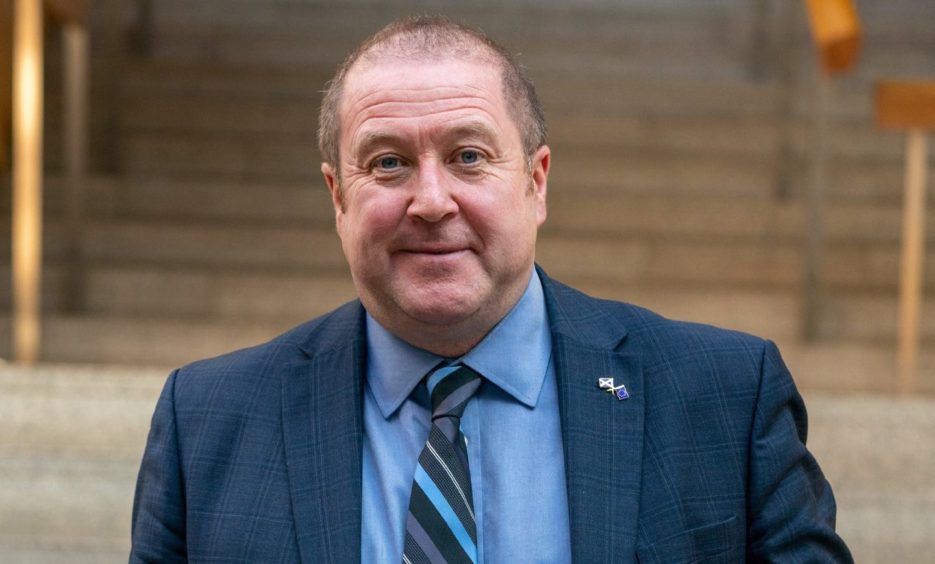
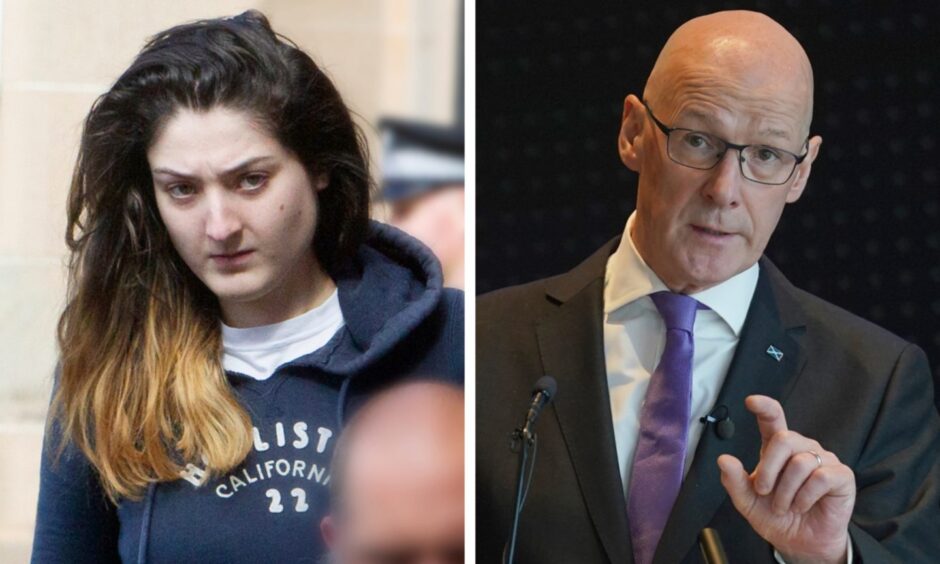



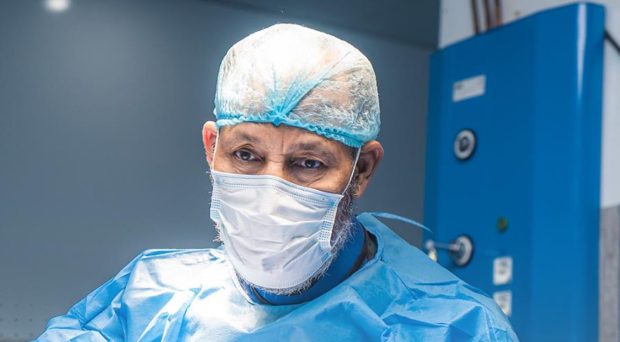
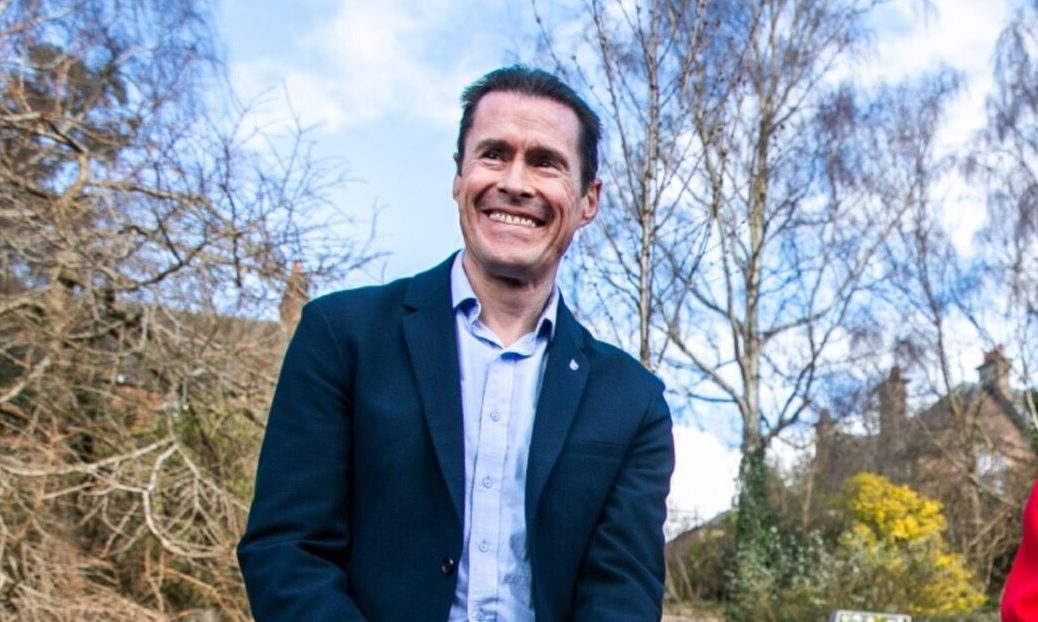
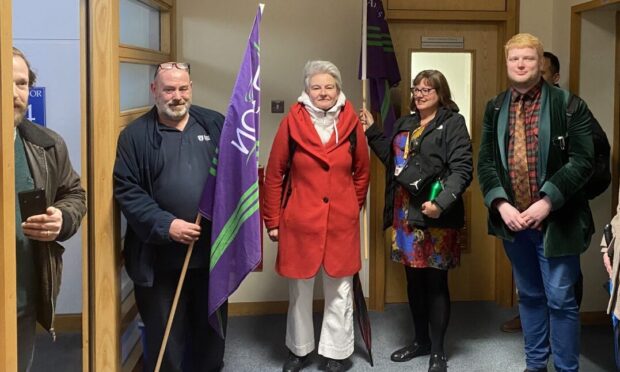


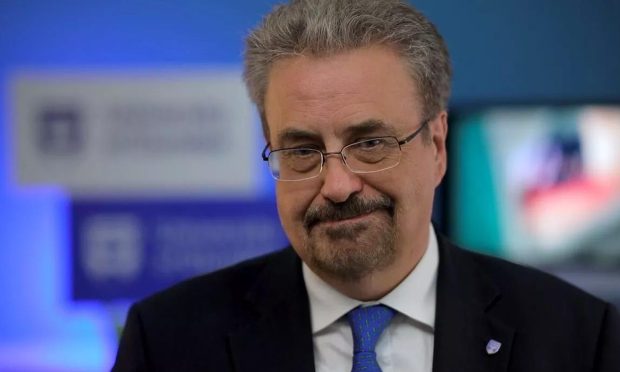
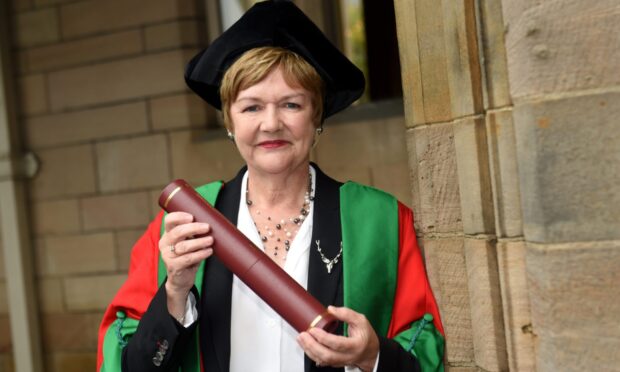

Conversation